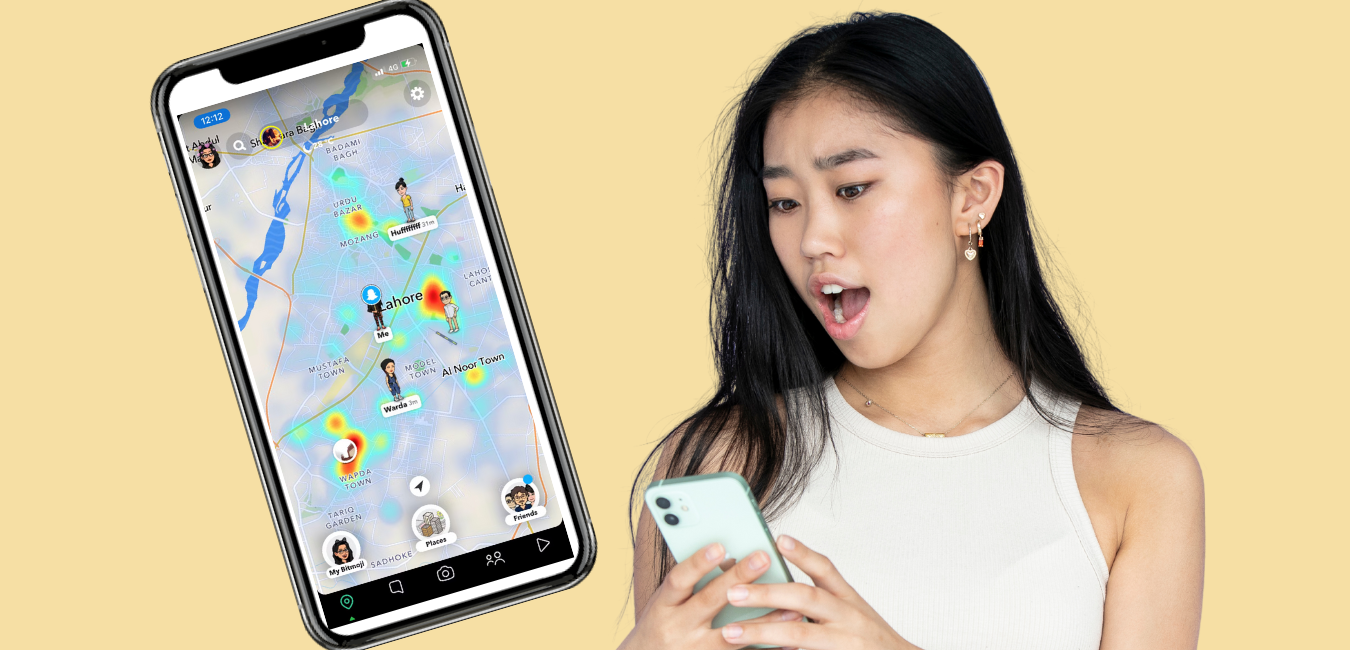
Navigating the Online World: A Mum’s Guide to Helping Your Teen’s Online
The internet is such a double-edged sword, isn't it? On one hand, it’s a brilliant tool for learning, staying connected, and having fun, but on the other hand, it can also be overwhelming and tricky to navigate—especially for our teens. Between social media, TikTok trends, and endless memes, there’s also a side of the internet that can make your teen feel confused, uncomfortable, or even downright upset. So, let’s chat about it—because it’s time to make sure they’re equipped with the tools to handle whatever comes their way.
What They Might Be Coming Across Online
Let’s face it—your teen has probably come across something on the internet that left them thinking, “What was that?” Whether it’s sexual content, something violent, or just plain weird, the internet is full of all kinds of things, and not all of them are something our teens should be exposed to. Studies have shown that a lot of teens have seen things they weren’t prepared for by the time they hit 17. And no, it’s not your teen’s fault. It’s the reality of growing up in a digital world.
The most important thing is that they know how to respond. If they come across something they weren’t expecting, remind them it’s okay to feel confused or uncomfortable. It’s all part of growing up in an online space, but they don’t need to carry that burden on their own.
Why It’s Key to Keep Talking About It
I know—talking about uncomfortable things can be tough. But when they come across something online that doesn’t sit right with them, it’s so important to open up and talk about it. The last thing you want is for them to bottle up their feelings and make it something bigger in their head. If they feel awkward, help them find the words. “Hey, I saw something online that confused me. Can we talk about it?” It can make such a difference in helping them process it all.
Opening up creates an opportunity to provide clarity, help them understand, and also remind them that they’re not alone in what they’re feeling. It’s about creating that open line of communication so they never feel like they’re navigating these confusing moments alone.
Helping Them Build Their Own Moral Compass
The internet isn’t going anywhere, but that doesn’t mean every single piece of content on it is something your teen should be exposed to. Helping them build their own sense of right and wrong when it comes to online content is one of the most important tools they can have. Encourage them to ask themselves: “Does this match up with how I want to treat others or be treated?” If something feels off—like a video where one person is being controlled or hurt—that’s a red flag. That’s not real life, and it’s definitely not what healthy relationships look like.
Teaching them how to question the content they see online, instead of just passively consuming it, can be a game-changer. It empowers them to be more aware of the things they’re engaging with and gives them control over their digital environment.
Protecting Them from Digital Drama
We know that not everyone online has good intentions. Whether it’s unwanted messages, strange comments, or images they didn’t ask for, these things happen. And when they do, make sure they know it’s not their fault. Let them know they can—and should—block and report anyone who crosses the line. And if something does feel overwhelming, it’s so important that they have someone to talk to about it. It doesn’t have to be dealt with alone, and having someone to share what’s going on can take a huge weight off their shoulders.
The Power of Saying “No Thanks”
One of the best pieces of advice is to remind your teen that they have the power to say “no” whenever something doesn’t sit right with them. If they’re scrolling and come across a video, post, or even a direct message that makes them feel uncomfortable, it’s totally okay to walk away. The internet might be full of trends and viral content, but that doesn’t mean they have to participate in everything they see. Trusting their instincts is key.
Encourage them to unfollow, mute, or even take a break from social media if it’s too much. Their peace of mind is more important than keeping up with the latest thing, and helping them take control of what they consume online will give them a sense of ownership over their digital world.
Wrapping It Up: Empowering Them to Take Control
The internet can be a fantastic place for teens to connect, learn, and express themselves—but it’s also a space that can be overwhelming, confusing, and sometimes unsafe. If your teen ever comes across something that makes them feel uncomfortable, remind them to talk about it. Help them build their moral compass, protect them from digital drama, and teach them the power of saying “no” to content that doesn’t feel right.
At Evre, we believe that our teens deserve to feel empowered in their online world. We’re always here for you, offering support and guidance when it comes to helping your teen stay safe, confident, and true to themselves online.


